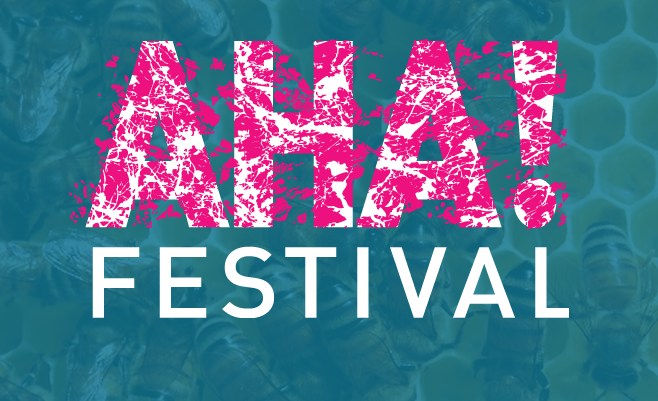
“Re-enactments – Archival Performances” transposes the familiar poetic conundrum of how to separate the dancer from the dance: what if we choose not to separate the archive from its re-enactment?
In collaboration with the AHA festival (Chalmers University, 2–4 November, 2015), the Living Archives group invites you to join the 24 hour research performance “Re-enactments – Archival Performances” (from 10 a.m. November 3 to 10 a.m. November 4). We have 3 additional places to fill.
Interested?
If you are interested in joining the Living Archives group for the entire 24 hour period, please send a statement introducing yourself and indicating why you would like to participate. (Max 500 words, send to elisabet.nilsson@mah.se by 26 October 21 October. We will notify you of acceptance by 30 October 25 October.)
Please note that we cannot provide fees or travel expenses but you will be invited to share the studio space and catering for 24 hours.
About “Re-enactments – Archival Performances”
“Re-enactments – Archival Performances” transposes the familiar poetic conundrum of how to separate the dancer from the dance: what if we choose not to separate the archive from its re-enactment?
The ebb and flow of somatic states are at the heart of this research experiment, and it is a research experiment and not just a endurance performance because we propose to spend 24 hours in a studio reviewing, processing, and then re-enacting archival traces from last year’s AHA festival (or from other public or embodied archives).
If poiesis can be seen as actions that transform and continue the world, and if numbers are constraints within which it is possible to find space and meaning, then what might happen in 24 hours of archival re-enactment?
Improvisation works best with carefully selected constraints. The constraints of 24 hours within one room and a focus on archives of previous research constitute a sort of time travel: immanently into the phases of the bodies of a group of people as we open up and re-enact the research traces of other bodies through our current temporalities. This is a form of somatising research, of slipping in and out of phases and transforming materialities. We don’t just appropriate or repurpose the research of others, we let the research act upon us, and then cultivate re-enactments.
Our group comes from a range of conceptual and practical fields: design, art, literature, cultural studies, art history, philosophy, as well as dance and performance. Our re-enactments may take many forms and materialities
Practicalities (in numbers)
Seven (7) researchers from the Living Archive research project will be joined by two (2) guest performance artists for twenty-four (24) hours. We begin at ten o’clock (10:00) on the third of November (3.11) and end at ten o’clock (10:00) on the fourth (4.11)
Conference participants are invited to drop in on our processes at any moment throughout the twenty-four (24) hour period to witness, participate, or reflect. (Or perhaps you can sleep while we do not.)
The final hour (hour 23-24) will be framed as the ‘performance’ but the re-enactment happens throughout the twenty-four (24) hours.
The Living Archives group participating
Maria Engberg – Digital experience designer and Malmö University assistant professor of media technology exploring the poly-aesthetics of multiple media forms.
Susan Kozel – Dancer, philosopher and Malmö University K3 professor unraveling complex embodied relations with digital technologies and their scope for either affective expansion or repression.
Nikita Mazurov – Post Doctoral researcher with Living Archives interested in the intersection between information dissemination and security, exploring how we can share digital objects safely.
Elisabet Nilsson – Interaction Design researcher and assistant professor at K3 exploring how urban archiving practices re-connect with past knowledge and spark the imagination for urban futures.
Temi Odumosu – Art historian, storyteller, archival detective: De-colonising research and cultural practices. Post Doctoral researcher with Living Archives.
Jacek Smolicki – Artist, designer and doctoral researcher interested in personal archiving practices and digital legacy in the age of total traceability.
Veronica Wiman – Curator of contemporary art and visiting researcher contributing to archival re-enactments a site specific intervention of ‘curating the archive’.
Invited artists
Sarah Homewood – Dancer and K3 Interaction Design Master’s student developing performative methods to explore how we represent ourselves through technology.
Frida Sandström – Artist, writer and critic enrolled in the MA programme New Performative Practices, DOCH, approaching alternatives for shared spaces and states of boundaries.



